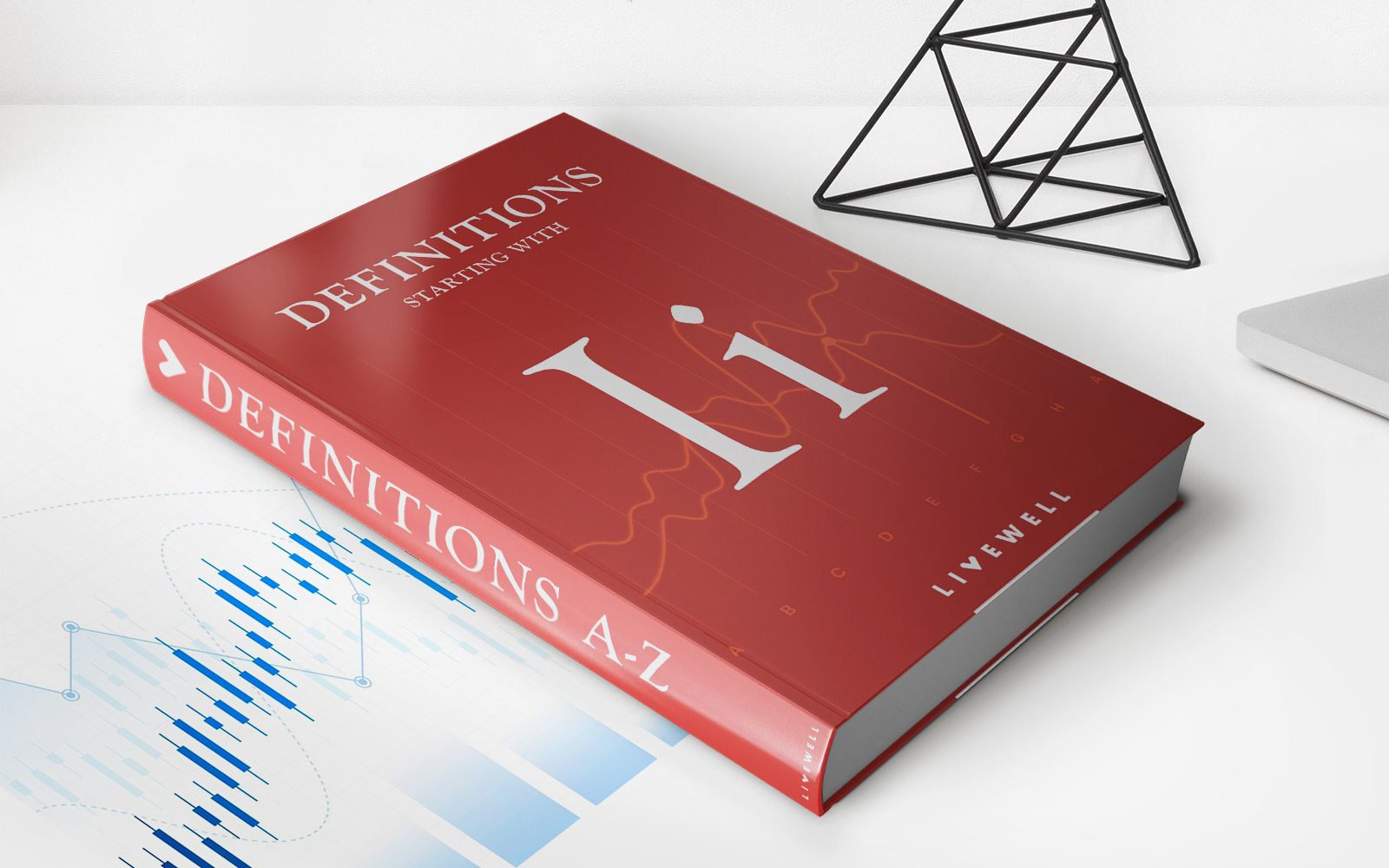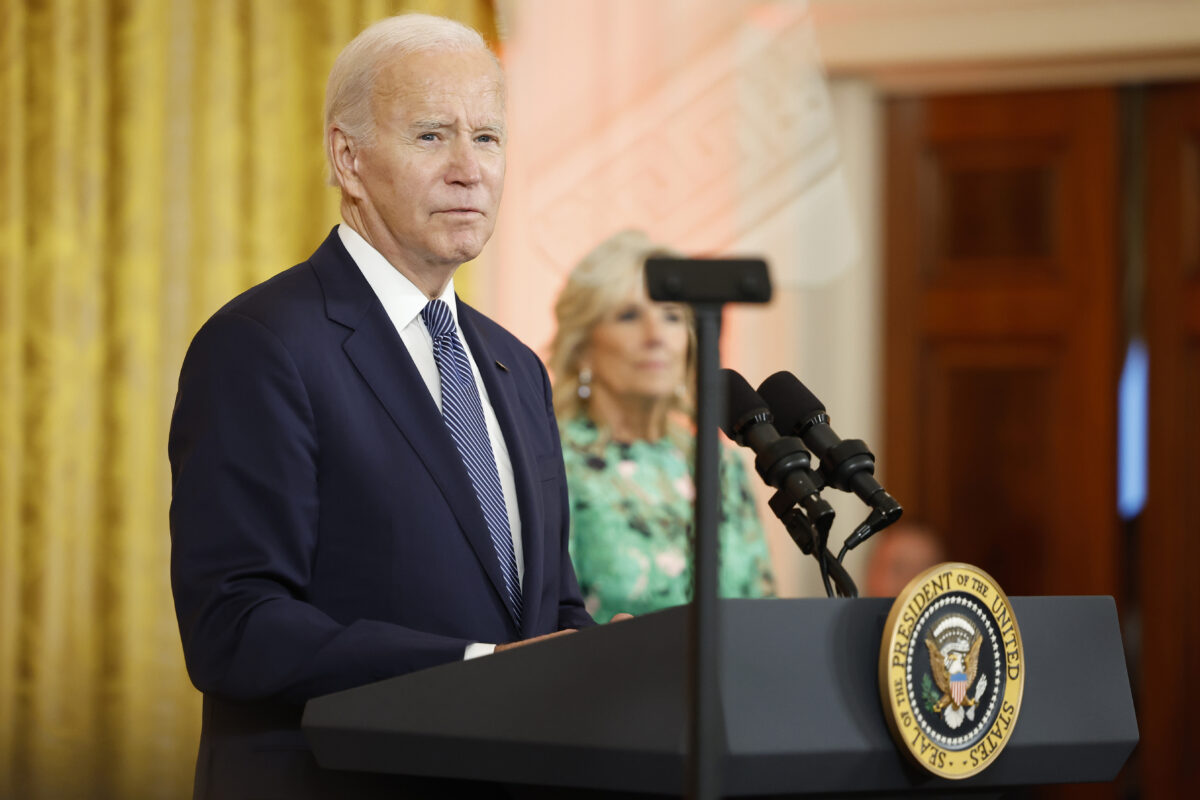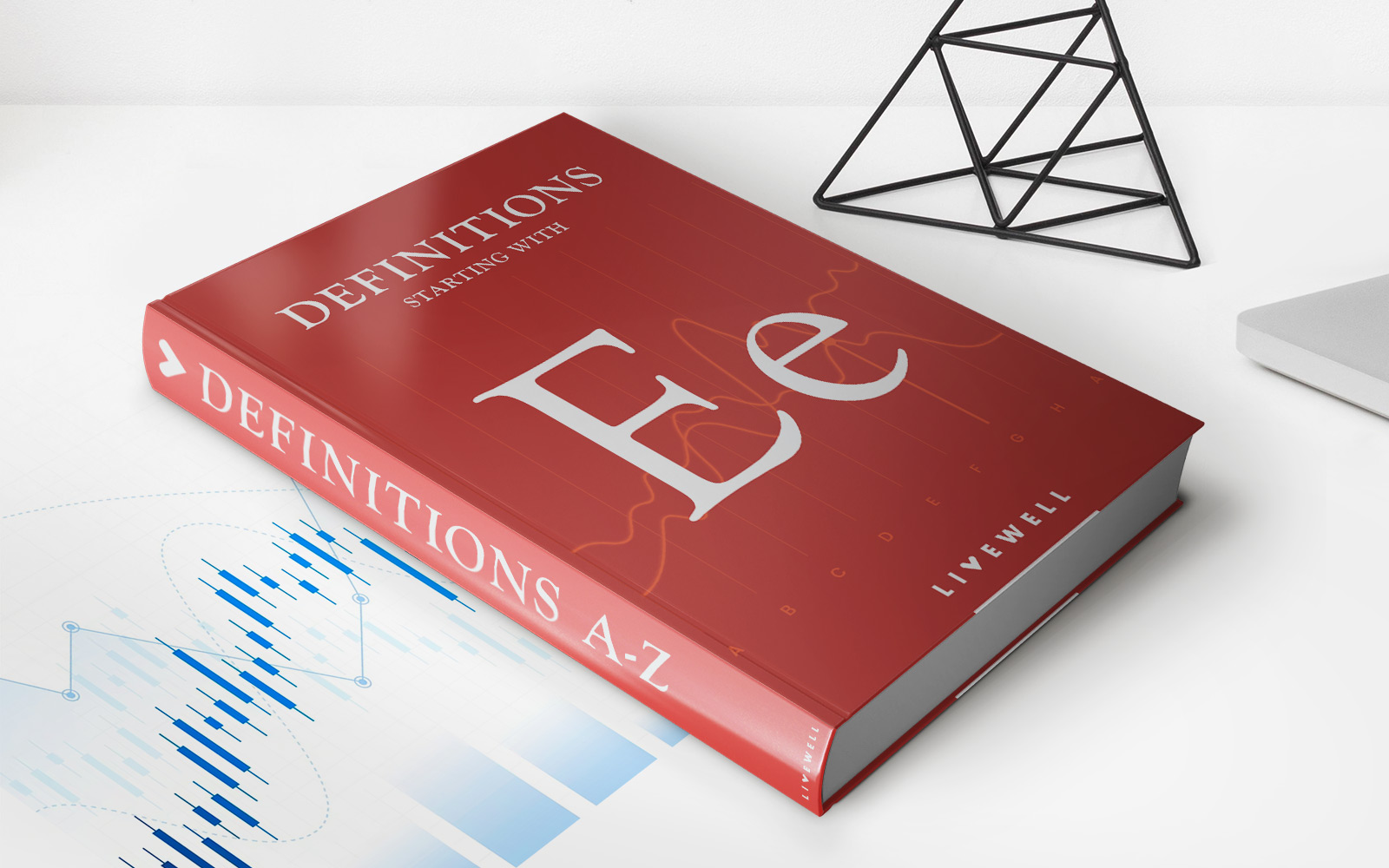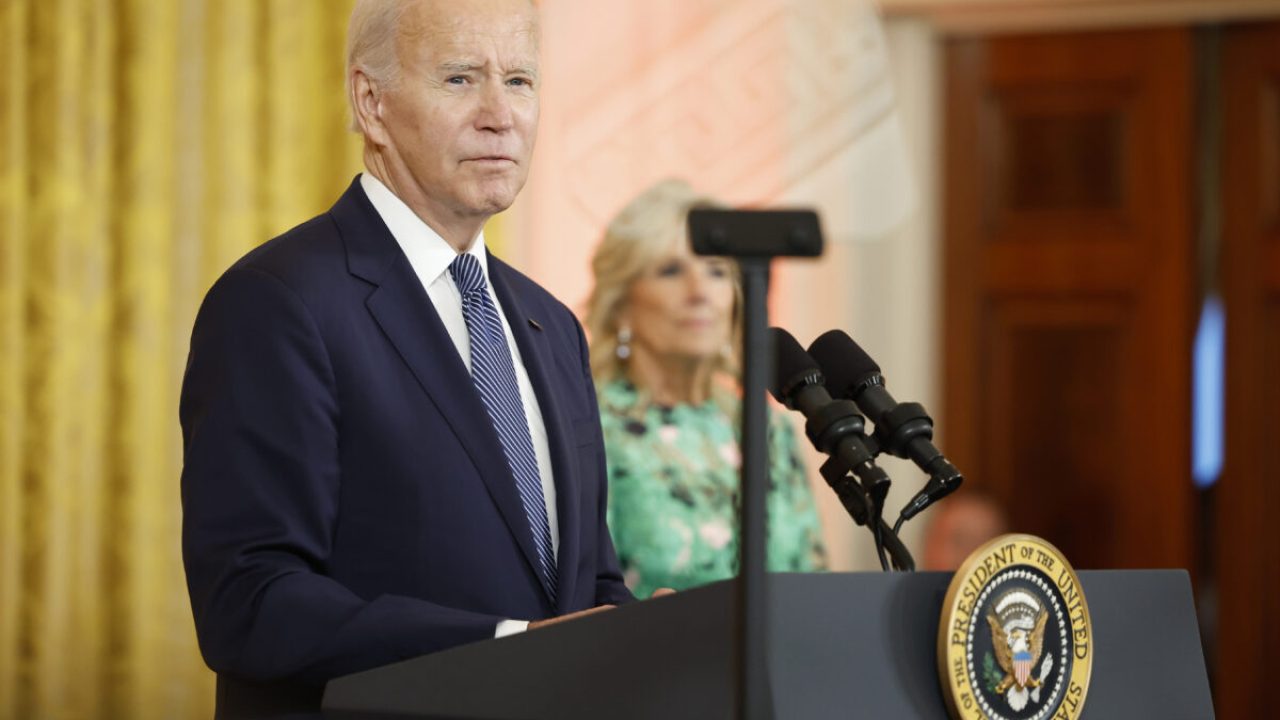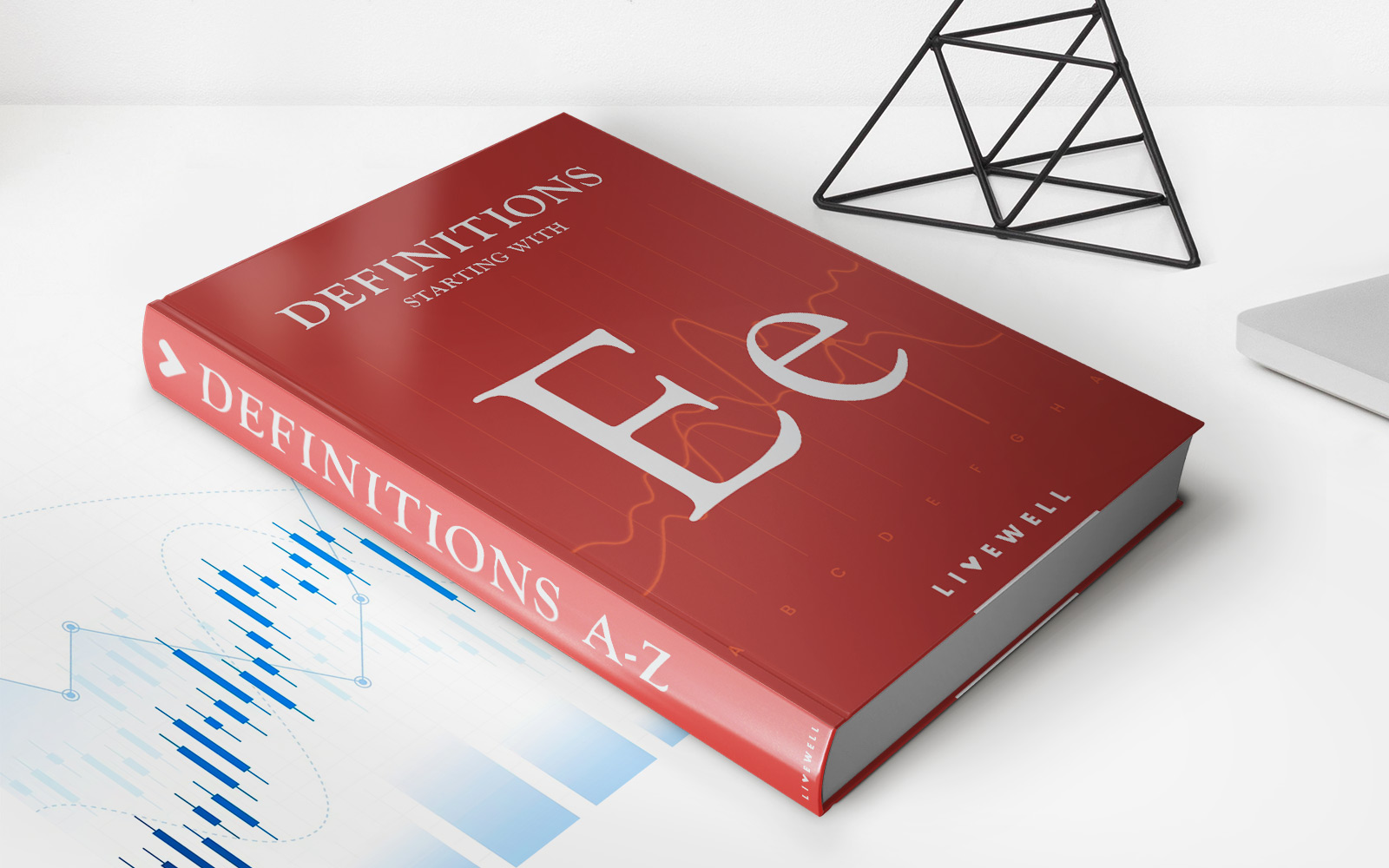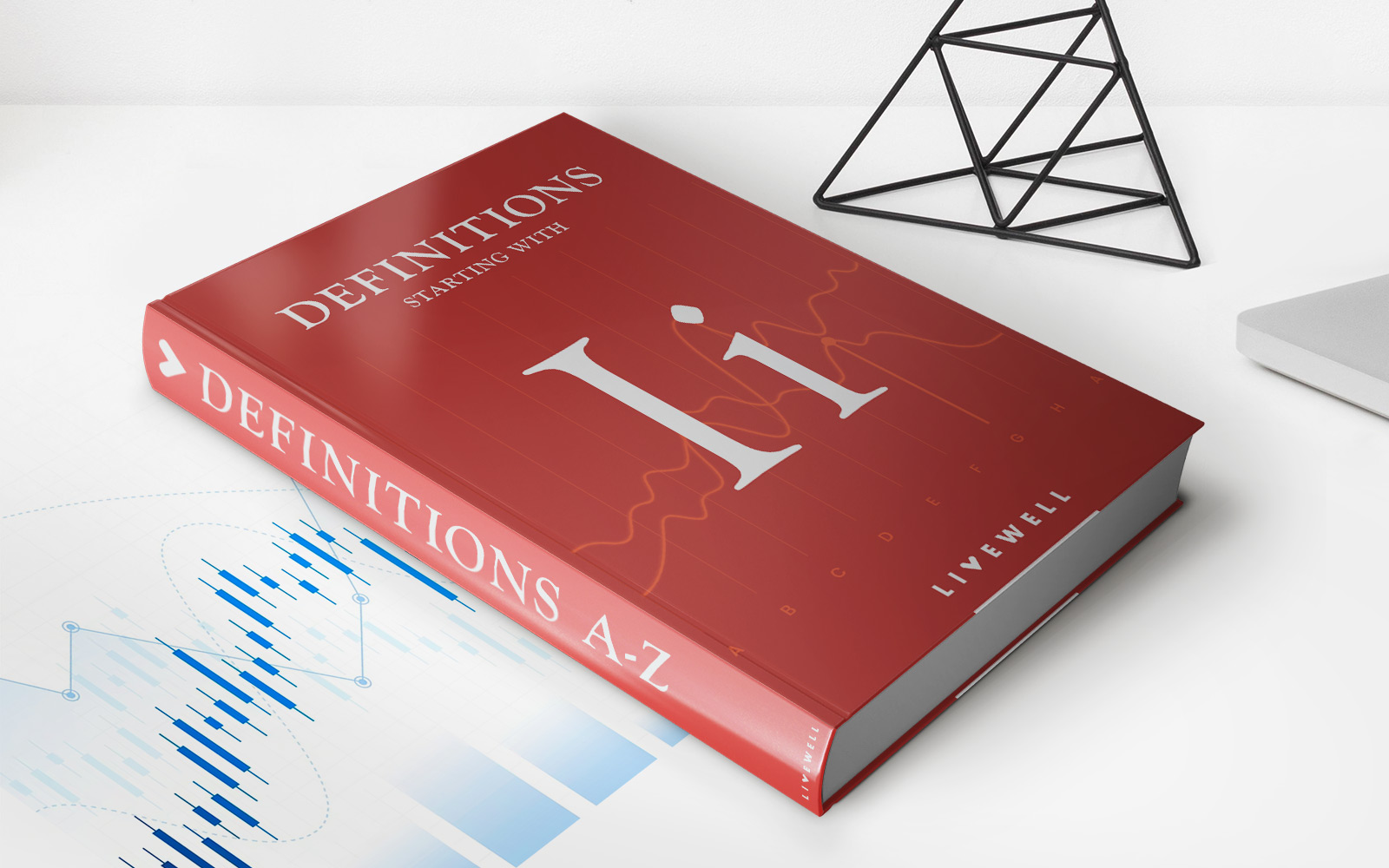

Finance
Iraqi Central Bank Definition
Published: December 13, 2023
Learn about the Iraqi Central Bank's role in the finance sector, its functions, and its impact on the country's economy.
(Many of the links in this article redirect to a specific reviewed product. Your purchase of these products through affiliate links helps to generate commission for LiveWell, at no extra cost. Learn more)
The Iraqi Central Bank: Definition and Role in the Iraqi Economy
Welcome to our finance blog series! In this edition, we will explore the Iraqi Central Bank and its crucial role in the economy of Iraq. If you’ve ever wondered about the functions of the Iraqi Central Bank or how it impacts the financial landscape of the country, you’ve come to the right place. Let’s dive in!
Key Takeaways:
- The Iraqi Central Bank is the main regulatory authority responsible for monetary policy, currency management, and banking supervision in Iraq.
- Its focus is on maintaining the stability of the Iraqi dinar, controlling inflation, and ensuring a sound financial system.
What is the Iraqi Central Bank?
The Iraqi Central Bank, also known as the Central Bank of Iraq (CBI), is an independent institution established in 1947. Its primary mandate is to maintain price stability, foster economic growth, and ensure a sound financial system within the country.
Operating within the framework of the Iraqi Constitution, the Central Bank is responsible for formulating and implementing monetary policy, managing the currency supply, and regulating and supervising the banking sector to promote financial stability.
Roles and Functions
The Iraqi Central Bank has several essential roles and functions that have a profound impact on the Iraqi economy:
- Monetary Policy: The Central Bank has the authority to influence interest rates, control the money supply, and manage exchange rates. It formulates and implements measures to stabilize the value of the Iraqi dinar, control inflation, and facilitate economic growth.
- Banking Supervision: The Central Bank regulates and supervises banks and financial institutions operating in Iraq. It ensures compliance with prudential regulations, monitors risk management practices, and promotes transparency and accountability in the banking sector.
- Currency Management: The Central Bank is responsible for issuing and maintaining the stability of the Iraqi dinar. It oversees currency production, distribution, and the enforcement of anti-counterfeiting measures to preserve the integrity and public trust in the national currency.
- Foreign Reserves Management: As the holder of Iraq’s foreign reserves, the Central Bank manages and invests these reserves to safeguard the country’s financial stability and meet its international obligations.
The Importance of the Central Bank
The Iraqi Central Bank plays a fundamental role in shaping the economic landscape of Iraq. Its policies and actions have a significant impact on citizens, businesses, and international investors. Here are a few reasons why the Central Bank is crucial:
- Price Stability: By implementing effective monetary policies, the Central Bank helps maintain a stable and predictable business environment, which encourages investment and economic growth.
- Financial System Stability: The Central Bank’s supervision and regulation of banks increase the confidence in the banking sector, safeguard depositor funds, and mitigate risks to maintain a robust financial system.
- Exchange Rate Stability: Stable exchange rates facilitate foreign trade, attract foreign investment, and ensure a predictable and competitive environment for businesses.
In conclusion, the Iraqi Central Bank is a vital institution in the country’s financial sector. Through its monetary policies, banking supervision, currency management, and foreign reserves management, the Central Bank strives to maintain stability, promote economic growth, and facilitate a sound financial system in Iraq.
We hope you found this blog post insightful and informative. Stay tuned for more finance-related topics in our blog series. If you have any questions or comments, feel free to reach out to us!
